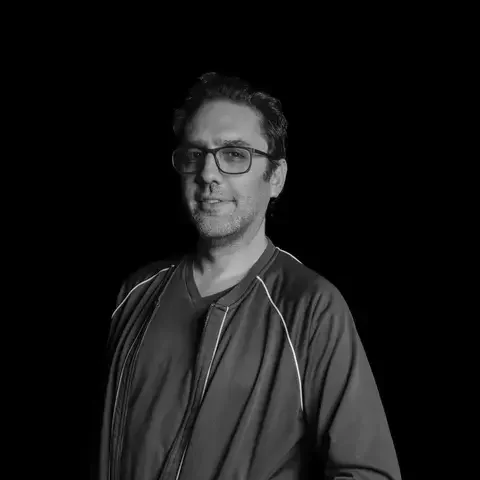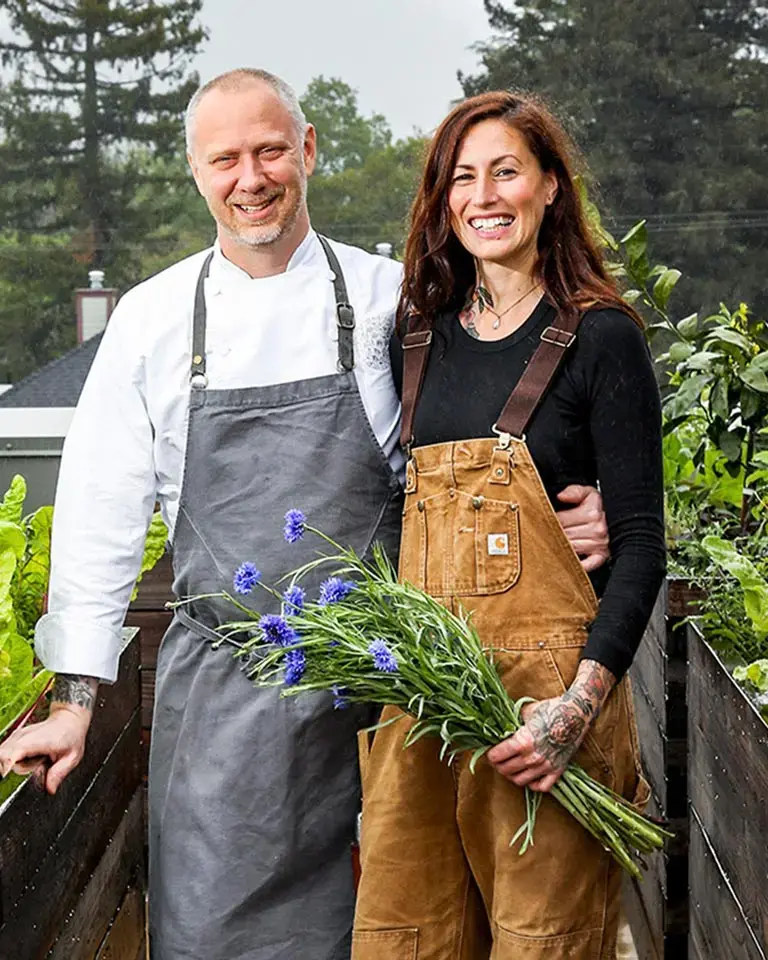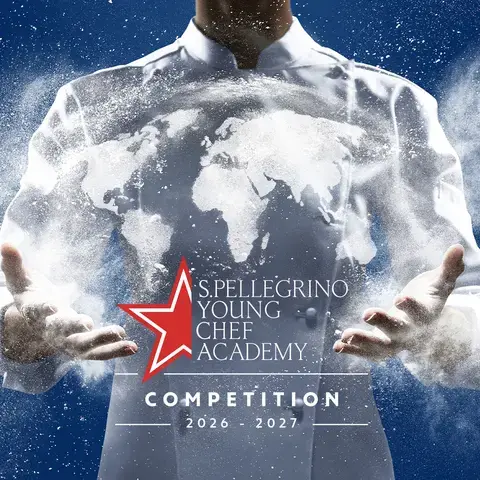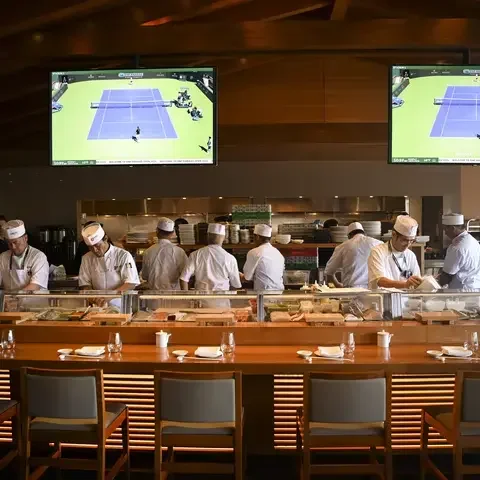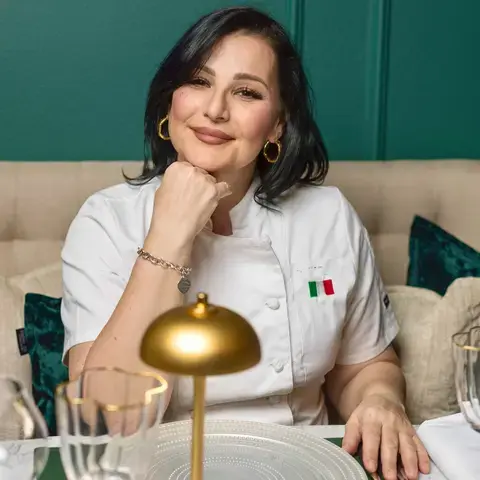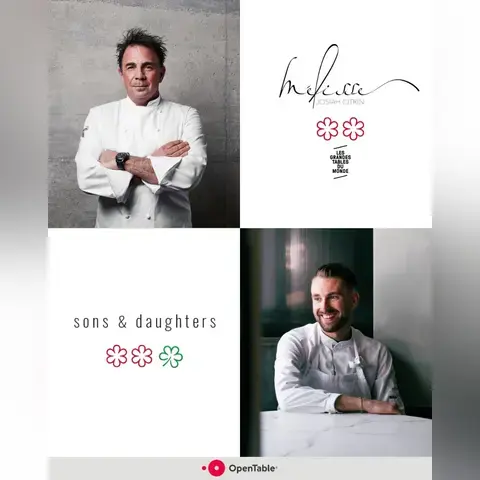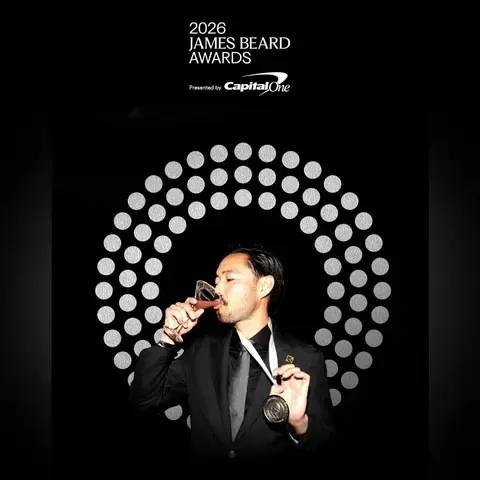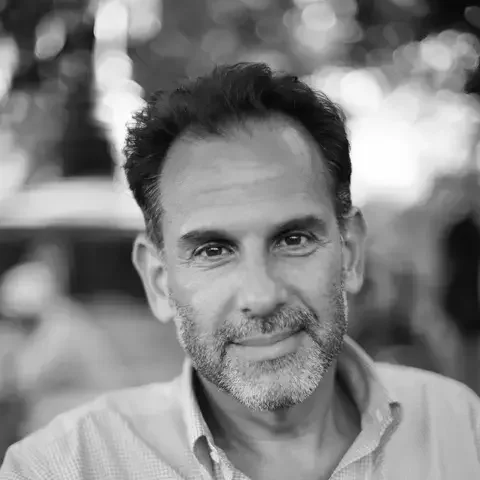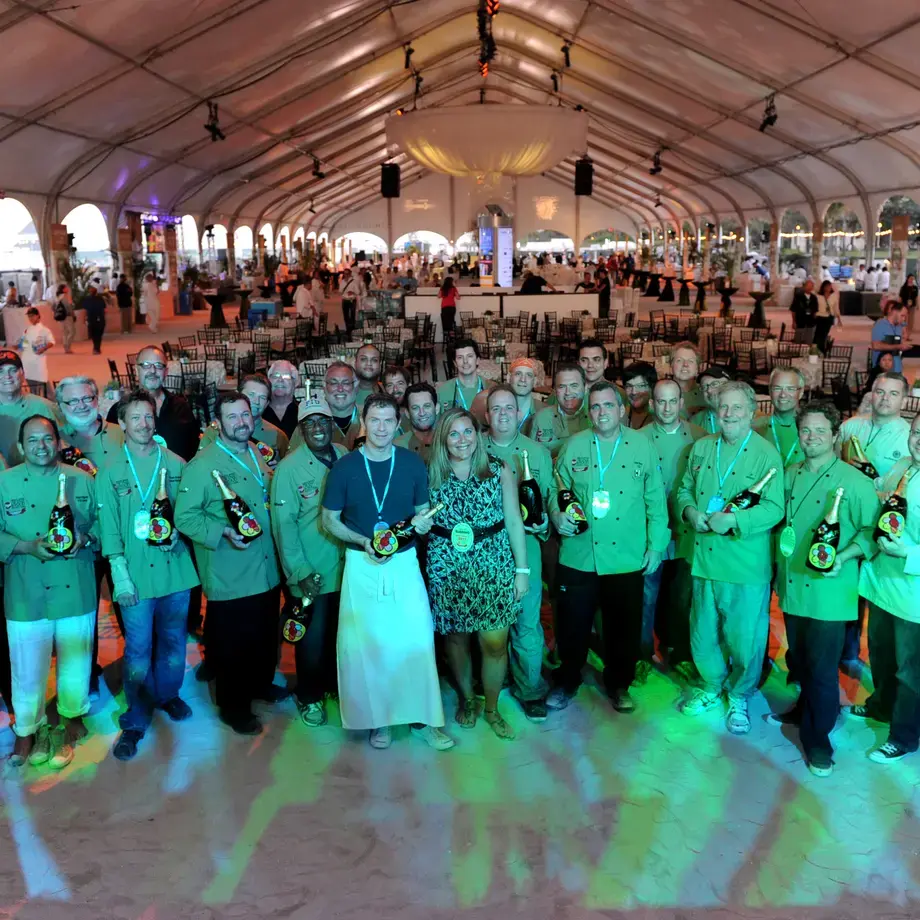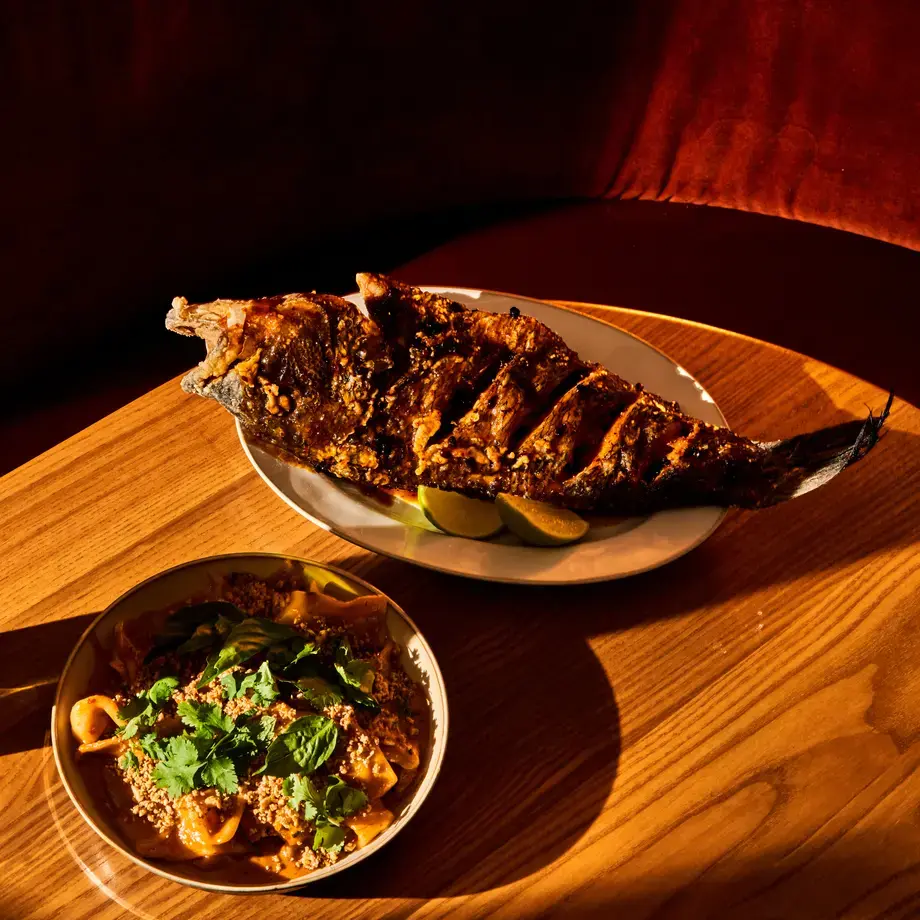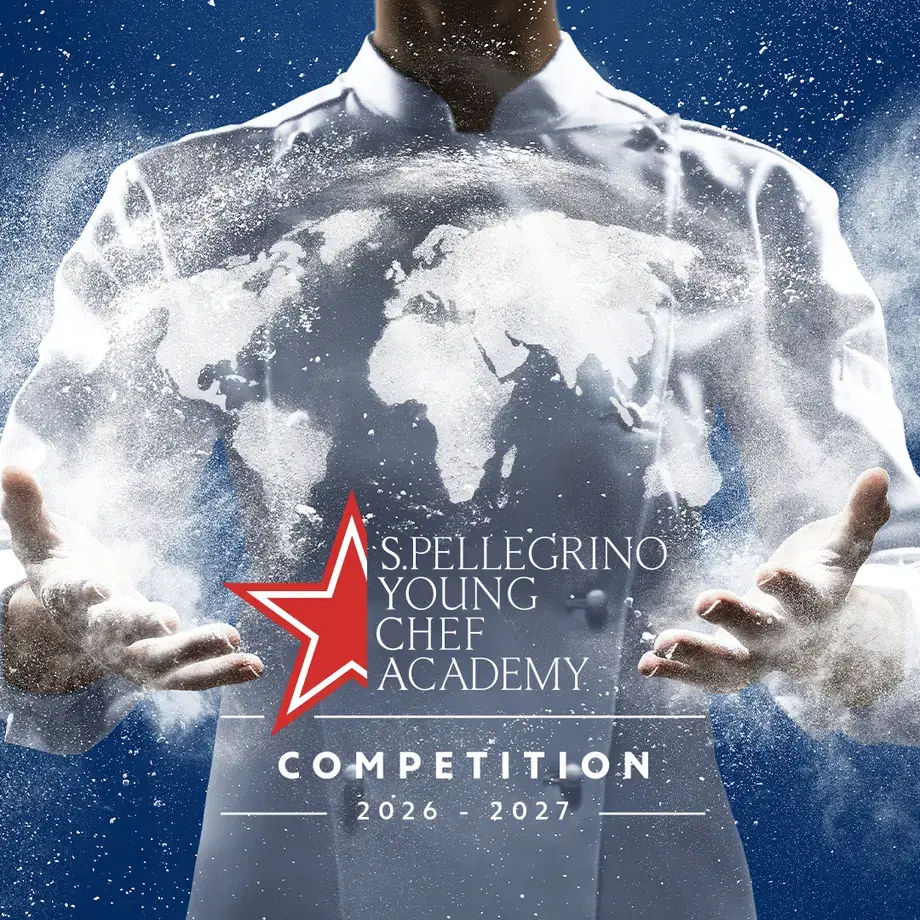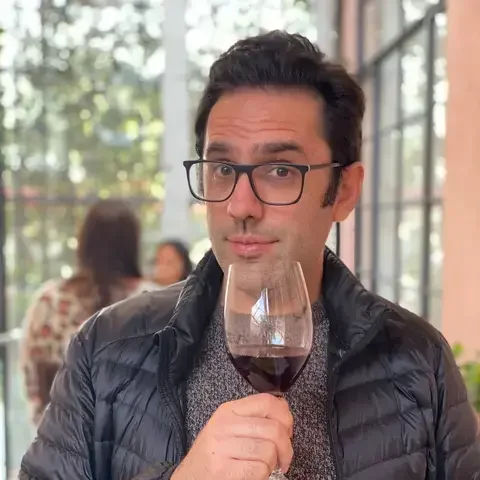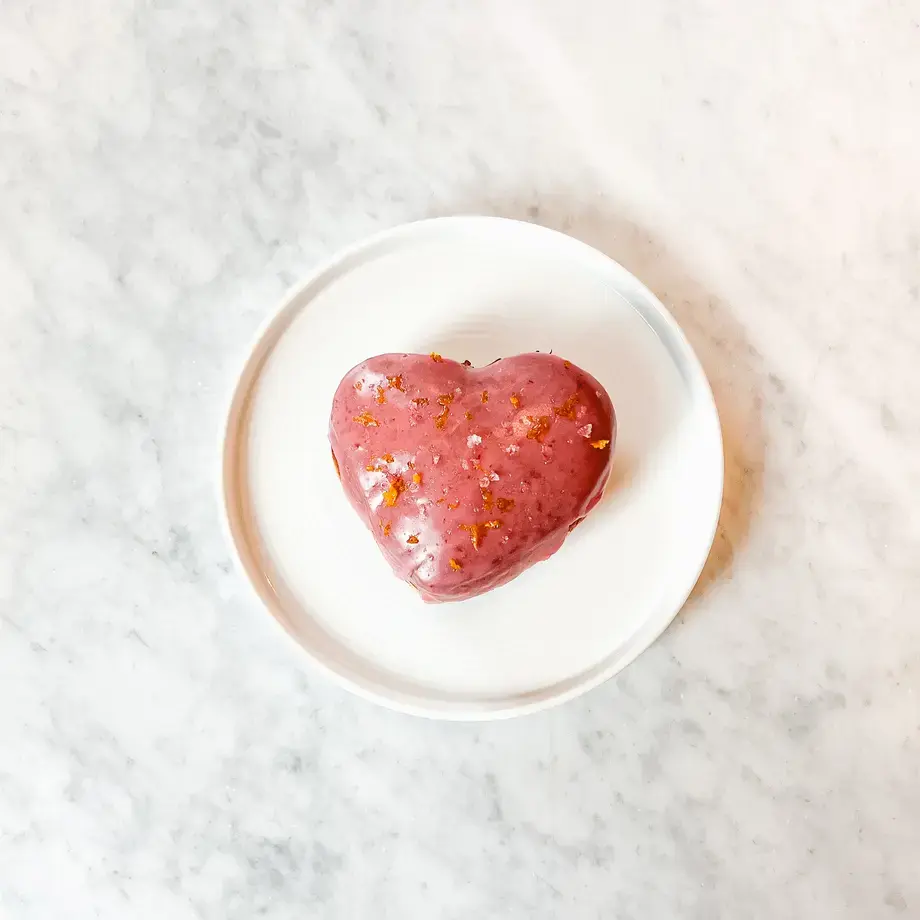At SingleThread, the three-Michelin-starred restaurant nestled in the heart of Sonoma County, Chef Kyle Connaughton is doing more than crafting exquisite tasting menus—he’s designing an ecosystem. Part farmer, part futurist, and part culinary anthropologist, Connaughton isn’t just thinking about what’s on the plate. He’s thinking about how it got there, who touched it, what it took to grow or catch, and what story it tells when it’s served.
His approach to fine dining isn’t performative. It’s systemic.
That system begins with the soil—specifically, the no-till, biodiverse land co-managed by his wife and collaborator Katina Connaughton. But it stretches far beyond the farm’s 24 acres. It extends to traceable seafood sourcing in Japan, blockchain technology, and guest experiences designed to leave diners with a deeper understanding of where their food comes from.
The latest evolution of that mission is ThroughLine, a traveling, cinematic dining experience that pairs an omakase-style tasting menu with short documentary films. “It’s all about connecting our guests to our food systems,” Connaughton says. “We want them to understand the people, partnerships, and practices behind what they’re eating.”
ThroughLine is both a culmination and a beginning. It reflects Connaughton’s ongoing drive to build transparency into the fine dining experience—not to moralize, but to clarify. Not to tell diners what to think, but to show them what’s possible when hospitality, sourcing, and storytelling are woven into one ecosystem.
Soil First
When Kyle and Katina Connaughton talk about sustainability, they don’t lead with slogans or certifications—they lead with soil. At the core of SingleThread’s identity is that 24-acre farm where Katina oversees a no-till, biodiverse operation focused on habitat preservation, pollinator health, and regenerative practices. “We’re farming on a hand scale,” Kyle says. “It’s small, it’s intensive, and it’s deeply intentional.”
This isn’t sustainability as a buzzword. It’s sustainability as lived practice. The farm sits amid a sea of monoculture vineyards, making biodiversity an act of quiet resistance. Crops are selected for both flavor and ecological value. Cover crops are used to build soil health. Flowering plants are left to attract pollinators. It’s less about yield and more about balance.
And while Connaughton acknowledges that their model isn’t scalable for feeding billions, he sees it as a proof of concept—an approach that emphasizes input and output, responsibility and relationship. “Nothing’s made from nothing,” he says. “So we think carefully about every decision—what we take, what we give back.”
For SingleThread, sustainability also means human sustainability: mentorship, longevity, and creating an environment where cooks can grow and thrive. Every month, the team awards a Kaizen Trophy—named for the Japanese philosophy of continuous improvement—to the staff member who best embodies progress and purposeful change. It’s not just about growing vegetables. It’s about growing people, too.

